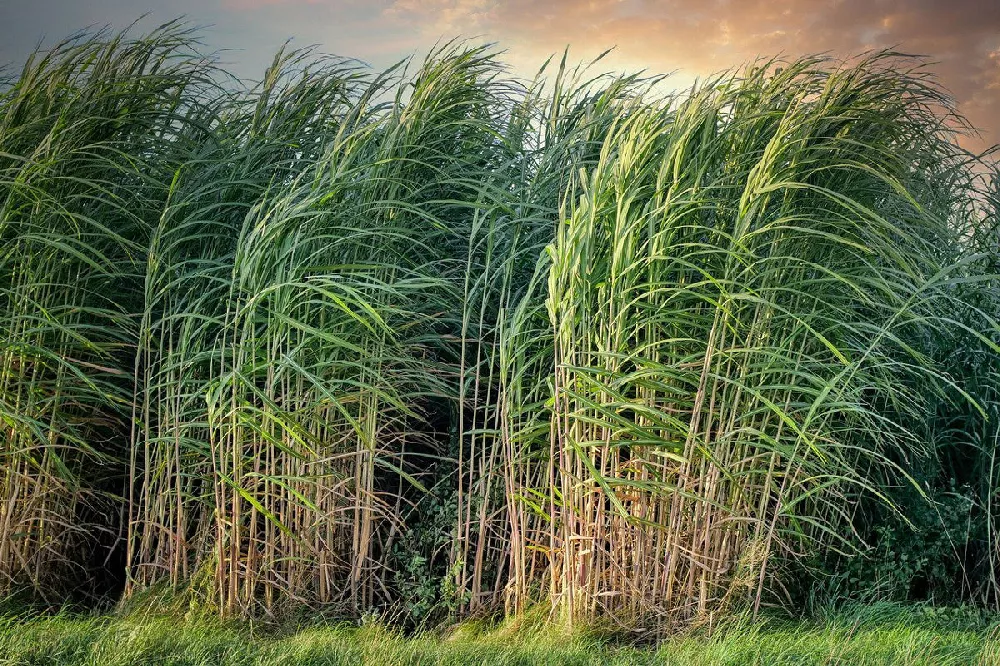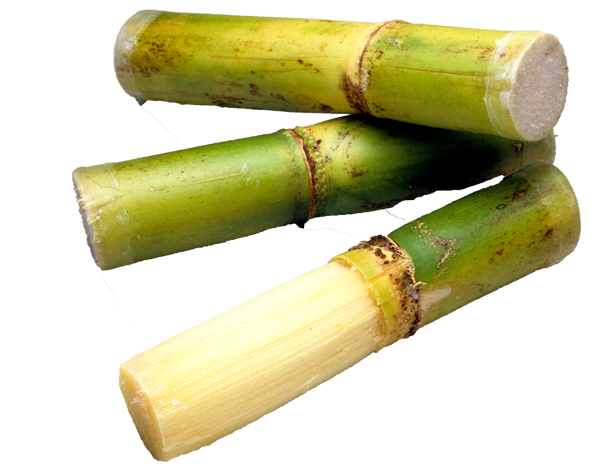The Environmental Impact of Growing Sugar and Cane in Various Regions
The Environmental Impact of Growing Sugar and Cane in Various Regions
Blog Article
Why Cane Sugar Handling Chemicals Are Important for Modern Sugar Refining
The role of walking stick sugar handling chemicals in modern sugar refining can not be overstated, as they are integral to improving both the performance of extraction and the general quality of the last item. Representatives such as phosphoric acid and particular flocculants are used to eliminate pollutants, causing sugar that not just meets consumer assumptions but likewise complies with sector standards. The implications of these chemicals extend beyond high quality, touching upon market dynamics and ecological considerations. sugar and cane. This raises essential concerns regarding the sustainability of such techniques and their effect on the future of sugar production.
Role of Processing Chemicals
The efficiency of walking stick sugar processing hinges considerably on the critical application of handling chemicals. These chemicals play a pivotal duty in boosting the effectiveness and high quality of sugar removal and refining. From the preliminary stages of juice removal to the last purification steps, processing chemicals promote numerous critical operations.
In the removal phase, chemicals such as phosphoric acid and calcium hydroxide are employed to maximize the explanation procedure, assisting to remove contaminations and put on hold solids from the walking stick juice. This not just improves the return yet likewise ensures the clarity of the end product. In addition, agents like flocculants help in the rapid settling of pollutants, consequently simplifying the general process.
As the processing advances, chemicals are utilized in decolorization and formation stages. Turned on carbon and ion exchange resins serve to get rid of shade and odor, making certain that the refined sugar fulfills customer quality requirements. Ultimately, the function of processing chemicals extends beyond functional efficiency; they significantly impact the sensory features of the end product, adding to market competitiveness. Therefore, the thorough selection and application of these chemicals are crucial for achieving optimum results in walking cane sugar processing.
Trick Kinds of Chemicals
Cane sugar processing depends on a selection of key chemicals that assist in each phase of manufacturing. These chemicals play vital functions in making clear, bleaching, and detoxifying the sugar drawn out from walking stick.
One primary group of chemicals includes flocculants, such as polyacrylamide, which aid in the information process by advertising the gathering and settling of pollutants. Furthermore, calcium hydroxide is usually utilized to reduce the effects of acidity and aid in the elimination of non-sugar components.
Whitening agents, such as triggered carbon and sulfur dioxide, are utilized to decolorize the syrup, leading to a more clear end product. These chemicals assist get rid of shade compounds that may affect the sugar's look and marketability.
Moreover, phosphoric acid works as a pH regulatory authority throughout the processing phases, making certain optimum conditions for the enzymatic tasks associated with sugar removal and filtration.
Other vital agents consist of edta (ethylenediaminetetraacetic acid), which chelates metal ions that could militarize unwanted responses, and sodium hydroxide, which aids in pH control throughout the refining process. Jointly, these chemicals boost performance and make sure a top notch walking stick sugar item.
Advantages for Sugar Top Quality
Usually neglected, the usage of specific processing chemicals significantly boosts the overall high quality of walking stick sugar. These chemicals play an essential role in refining procedures, making certain that the last product satisfies stringent market criteria for purity and preference.

In addition, processing chemicals aid in attaining a regular granulation and appearance, which are vital for customer acceptance. By managing the condensation process, these chemicals make certain that the sugar crystals create uniformly, causing a more enticing item that liquifies well in various applications.
Additionally, making use see here of these chemicals can boost the service life of cane sugar by minimizing wetness absorption and microbial growth. Overall, the critical application of processing chemicals is essential for delivering high-grade cane sugar that fulfills consumer expectations and sector demands.
Environmental Influence Considerations

Furthermore, the energy-intensive nature of sugar refining, worsened by chemical usage, typically leads to boosted carbon exhausts. This adds to climate change and elevates issues concerning the sustainability of current refining techniques. Additionally, the sourcing of these chemicals might entail practices that intimidate biodiversity, such as monoculture farming, which reduces the durability of agricultural communities.

To minimize these effects, sugar refiners are significantly exploring lasting options and adopting ideal practices that lessen chemical usage. Applying extensive ecological administration systems can assist ensure visit this site that the refining process aligns with environmental criteria and advertises biodiversity. Eventually, a well balanced strategy that focuses on both sugar high quality and environmental stewardship is important for the long-lasting practicality of the sugar market.
Future Trends in Refining
As the sugar industry comes to grips with the ecological difficulties related to conventional refining approaches, cutting-edge approaches are emerging to improve both effectiveness and sustainability. One substantial trend is the fostering of green chemistry principles, which focus on using safe, eco-friendly handling chemicals. This shift not just reduces ecological effect but also addresses consumer demand for cleaner manufacturing techniques.
One more appealing advancement is the application of advanced filtering modern technologies, such as membrane layer separation and adsorption procedures. These techniques enhance the clearness and quality of the sugar while minimizing the volume of wastewater generated throughout refining. Additionally, the assimilation of digital innovations, consisting of IoT and AI, is transforming functional performance by enabling real-time tracking and predictive upkeep, therefore decreasing resource waste.
Furthermore, the usage of byproducts from sugar refining, such as bagasse and molasses, is obtaining grip. These materials can be exchanged biofuels or value-added items, adding to a round economic climate within the sector. Jointly, these fads signify a shift in the direction of more lasting techniques that not only improve functional effectiveness but additionally line up with worldwide sustainability objectives, making certain the future stability of sugar refining.
Verdict
Walking stick sugar processing chemicals are essential in modern-day sugar refining, considerably enhancing the performance and quality of sugar removal. The tactical use of these chemicals not just enhances the purity and flavor of the end product however also guarantees consistent crystallization and structure. As the market increasingly focuses on sustainability, the adoption of environmentally-friendly processing agents is most likely to shape future patterns in refining, eventually causing greater high quality products and prolonged service life for customers.

Eventually, a balanced approach that prioritizes both sugar quality and ecological stewardship is important for the long-lasting stability of the sugar market.
Walking cane sugar handling chemicals are important in modern-day sugar refining, substantially enhancing the performance and high great site quality of sugar extraction.
Report this page